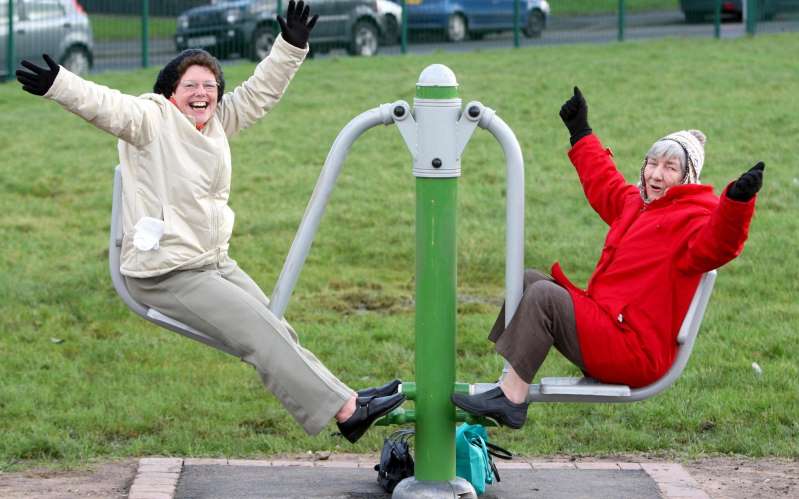Since COVID-19 is a declared pandemic, government and international organizations have made a clear warning that older adults face a significant risk of developing severe illness if they contract the disease. For many older adults residing in India, this involves reorienting themselves to a lifestyle fraught with new risks, without letting go of things that keep them sane- for example prayers, physical activity and companionship.
Religion is a key component of Indian life. As they grow older, men and women are expected to give up material wants and usually connects with the God at a deeper level. For some, this means starting their day at 4 in the morning, with prayers. For others, it may be an afternoon spent reading religious books and scriptures. Also, some might spend their day practicing meditation. As the pandemic affects visits from family members or other plans to step out, time spent doing prayers or meditation has helped many people deal with stress of knowing what comes next. Entertainment has also turned out to be a good medium in order to overcome stress.
After being forced to stay indoors for the lockdown, the residential societies should take necessary steps in order to provide some kind of physical activities, such as permission to walk within the premises of the complex. Allowing residents to walk outdoors as long as they wore masks, maintained a safe distance around the complex. For the days when stepping outside is not possible, the can reach up to the balcony and interact with their neighbors. Indoor games like board games, ca also be used as a way of interaction with the family members and being engaged. Sharing experience, telling stories to the grand children is also a fun activity.
Technology is the new emerging companion of the older adults during this time. It has become a part of their lives, be it television, mobile phones or social media. Technology have made it possible for them to connect to the family members in other parts of the world.
Loneliness is often associated with a number of negative outcomes for older adults, including higher rates of depression and higher mortality, while closeness to individuals in their networks can result in greater emotional well-being. Studies have shown that older adults were relatively adaptable in staying connected during the pandemic, and those who felt less connected to their social network experienced increased depression.


